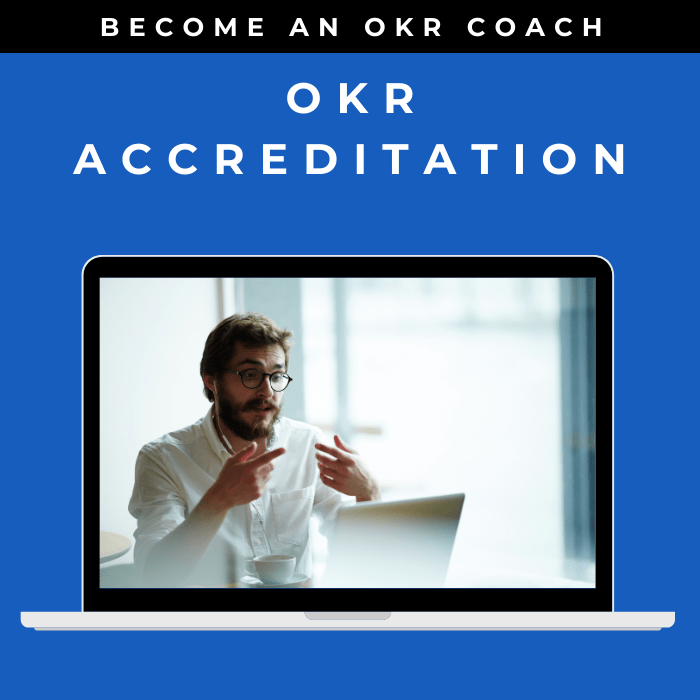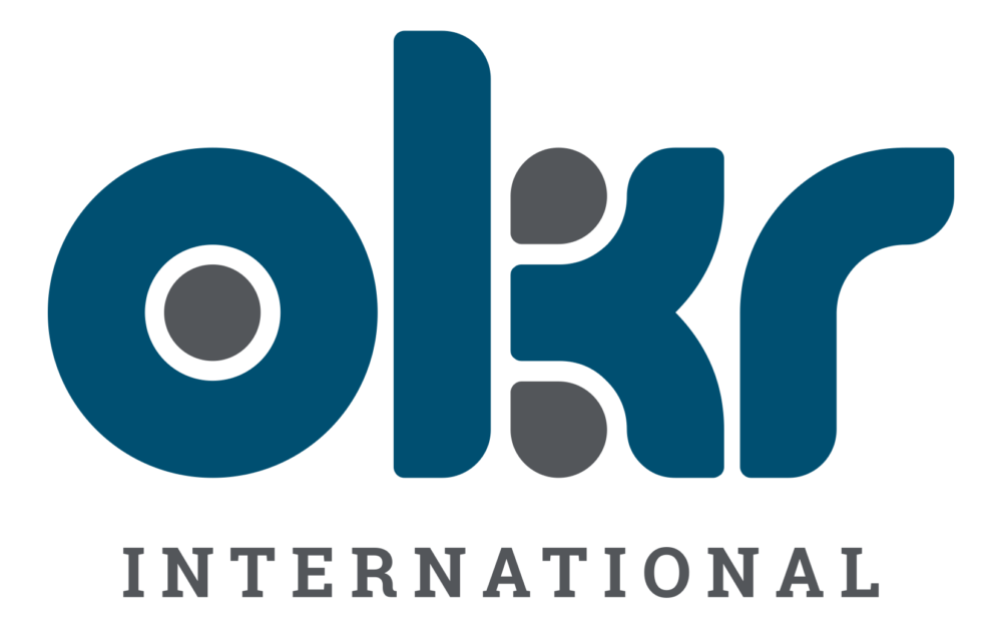10 Fundamental OKR Examples in ESG
Environmental, Social, and Governance (ESG) initiatives have gained significant importance in recent years as organizations strive to operate responsibly and contribute to sustainable development. Objectives and Key Results (OKRs) can be powerful tools to drive progress in ESG efforts. Here, we present ten fundamental OKR examples in ESG, offering valuable insights for organizations aiming to excel in these areas and make a positive impact.
1. Reducing Carbon Footprint
Objective: Decrease the organization’s carbon emissions and environmental impact.
Key Results:
- Achieve a 20% reduction in greenhouse gas emissions by implementing energy-efficient practices within the next year.
- Increase the percentage of renewable energy sources used to power operations by 15% within the next quarter.
- Obtain 1 third-party certification for meeting recognized environmental standards, such as ISO 14001 or equivalent.
2. Enhancing Diversity and Inclusion
Objective: Foster a diverse and inclusive workplace that promotes equal opportunities.
Key Results:
- Increase the representation of underrepresented groups in leadership positions by 25% within the next year.
- Implement diversity training programs for all employees to foster inclusivity and reduce bias by 98% within the next quarter.
- Conduct 3 employee satisfaction surveys every quarter to measure improvements in perceptions of diversity and inclusion.
3. Strengthening Supply Chain Sustainability
Objective: Promote sustainable practices and transparency throughout the supply chain.
Key Results:
- Implement a supplier code of conduct that includes ESG criteria and measure 100% of supplier compliance within the next six months.
- Increase the percentage of sustainably sourced materials or products to 50% within the next year.
- Conduct 3 audits or assessments of key suppliers to ensure adherence to ESG standards.
4. Enhancing Employee Well-being and Safety
Objective: Prioritize employee health, safety, and well-being.
Key Results:
- Achieve a 20% reduction in workplace accidents or injuries by implementing proactive safety measures within the next year.
- Provide 3 employee wellness programs or resources that promote physical and mental health within the next quarter.
- Measure improvements in employee satisfaction and engagement 2 times a month, related to well-being initiatives.
5. Improving Data Privacy and Security
Objective: Safeguard customer data and protect privacy rights.
Key Results:
- Achieve 90% compliance with relevant data protection regulations, such as GDPR or CCPA, within the next six months.
- Implement 5 robust data security measures, including encryption and access controls, to prevent unauthorized access or breaches.
- Conduct 3 audits or assessments of data privacy practices and address any identified gaps or risks.
6. Promoting Ethical Business Practices
Objective: Foster a culture of ethical conduct and responsible business practices.
Key Results:
- Establish an ethics training program for all employees and achieve a 100% completion rate within the next quarter.
- Implement a whistleblower hotline or reporting mechanism to encourage the reporting of 70% of unethical behavior or misconduct.
- Conduct 5 ethical risk assessments a year and address identified issues promptly.
7. Enhancing Stakeholder Engagement
Objective: Strengthen relationships with stakeholders and address their ESG concerns.
Key Results:
- Conduct 4 stakeholder consultations or surveys to understand their ESG priorities and expectations within the next year.
- Develop 1 stakeholder engagement plan and measure improvements in stakeholder satisfaction and trust.
- Implement 3 mechanisms for transparent and timely communication of ESG initiatives and progress.
8. Promoting Responsible Governance and Board Diversity
Objective: Enhance governance practices and promote diverse board representation.
Key Results:
- Establish board diversity targets and achieve 80% of underrepresented directors within the next two years.
- Implement 5 governance policies and procedures that promote transparency, accountability, and ethical behavior.
- Conduct 3 board effectiveness assessments and measure improvements in governance practices.
9. Supporting Community Development
Objective: Contribute to the well-being and development of local communities.
Key Results:
- Implement 3 community outreach programs or partnerships that address specific social or environmental challenges within the next quarter.
- Measure the organization’s positive social impact by tracking 5 metrics such as jobs created, educational initiatives, environmental restoration effort, etc.
- Establish 1 mechanism for ongoing stakeholder input to ensure community needs are considered in decision-making.
10. Measuring ESG Performance and Reporting
Objective: Establish robust ESG performance measurement and reporting frameworks.
Key Results:
- Develop 1 comprehensive ESG performance measurement system that aligns with recognized frameworks, such as SASB or GRI, within the next year.
- Publish an annual ESG report that provides transparent disclosure of ESG goals, performance, and progress.
- Engage with 5 external stakeholders to gather feedback on the organization’s ESG reporting and disclosure practices.
By adopting these OKR examples in ESG, organizations can drive sustainable practices, foster inclusion, promote responsible governance, and make a positive impact on society and the environment. These strategic objectives and key results serve as guiding principles for organizations seeking to excel in their ESG efforts and contribute to a more sustainable future.

When looking to set OKRs, it’s natural to want examples to ignite the thought process or simply compare yours to OKR Examples. Check out our compendium of OKR Examples here.
Explore Our Range of Services
Bring OKRs (Objectives and Key Results) to your organisation with our tried & tested OKR Framework.


OKR International’s highly acclaimed Certified OKR Practitioner Program is the first and only OKR accreditation endorsed by ICF & HRCI for continuing education units.
OKR International helps leaders create the alignment, engagement and result orientation needed for growth by offering OKR Advisory services.



